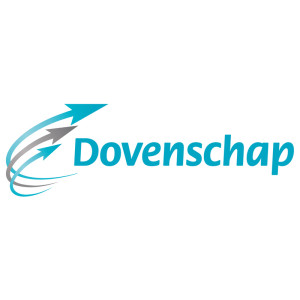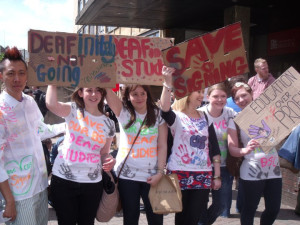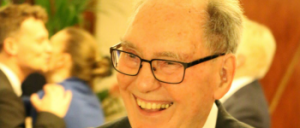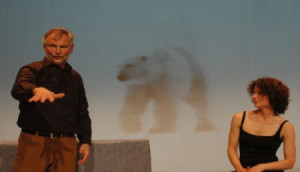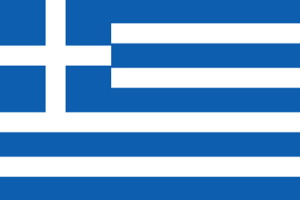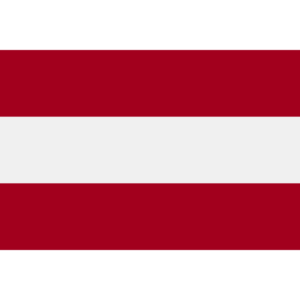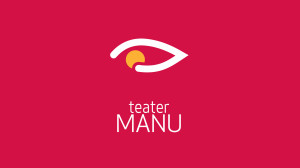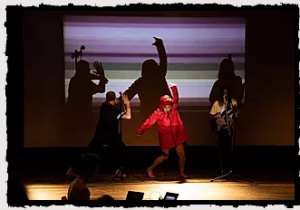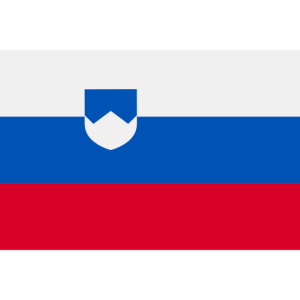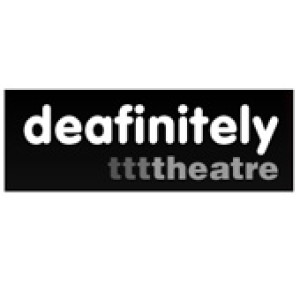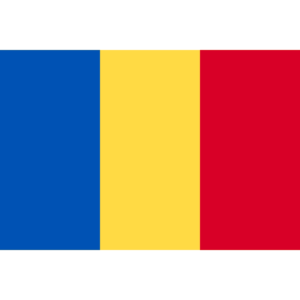2000 - Now
2000
1953, 1999: Dovenschap Nieuwe Stijl Deaf Association of the Netherlands
In 1953, the Dovenraad (Council of the Deaf) was founded.
1978 - 2013: Centre for Deaf Studies, Bristol (UK)
The Centre for Deaf Studies was a department of the University of Bristol, England, in the field of deaf studies, which it defines as the study of the "language, community and culture of Deaf people".
Established in 1978, the Centre claimed to be the first higher educational Institute in Europe "to concentrate solely on research and education that aims to benefit the Deaf community".
In May 2010, the university announced plans to close the undergraduate course as part of a drive to save £15 million. The campaign against this focussed on the lack of justice in targeting staff and students with particular needs, and the aggressiveness of the University's approach to the CDS, led by the Dean, Dr Judith Squires. There were accusations that her Faculty saved other units only by sacrificing the CDS. The shutdown of the programme was successful and the last students from the undergraduate degree graduated in 2013.
1990 - 2015: Handtheater
Handtheater was a unique organization in the Netherlands that was active in the field of performing arts and cultural education in sign language from 1990 to 2012.
2000: Greece, Legal Recognition of Greek Sign Language
Greek Sign Language was legally recognised as the official language of the Deaf Community in Greece by Law 2817 in 2000.
2000: Latvia, Legal Recognition of Latvian Sign Language
The Official Language Law of 9 December 1999, which came into force on 1 September 2000, gave Latvian Sign Language a legal status in Section 3.3, which stipulates: 'The State shall ensure the development and use of the Latvian sign language for communication with people with impaired hearing."
2001: Foundation of Teater Manu (Norway)
In December 2001, Theatre Manu was established. The theatre's strategy document states that the theatre will be the best theatre in the world with its roots in deaf culture and the environment.
Theater Manu is Norway's sign language theater. Teater Manu has developed into a state-funded institutional theater with eight employees, which has an office and stage at Grünerløkka in Oslo.
Theater Manu is a touring professional theater with high quality performing arts, a young cultural institution that is recognized both nationally and internationally.
2001: Foundation of Signdance Collective International (UK, NL)
The Signdance Collective is a touring performance company that was established in 2001. The company is culturally diverse with a team of experienced deaf and disabled artists at the helm.
The company is one of the first in the world to utilise and introduce the concept of inclusive practice with a specific focus on disability-deaf led team work.
2002, 2019: Slovenia, Legal Recognition of Slovenian Sign Language
The government endorsed the proposal to set down the Slovenian sign language as an official language in the constitution on Thursday, starting the procedure of enabling the Slovenian deaf and hearing-impaired community to fully exercise their basic human rights.
The law on the use of the Slovenian sign language from 2002 gives the children the right to have an interpreter to a limited extent, but it does not grant the language the necessary status.
2002: Foundation of Deafinitely Theatre Company (UK)
In 2002 Paula Garfield founded Deafinitely Theatre alongside Steven Webb and Kate Furby having become frustrated with the barriers deaf actors and directors faced in mainstream media.
They are the first deaf launched and deaf-led theatre company in the UK that works bilingually in British Sign Language and spoken English, producing work that caters to audiences of all ages.
2002: Germany, Legal Recognition of German Sign Language
German Sign Language was first legally recognised in The Federal Disability Equality Act (2002) in May 2002. Since then, deaf people have a legal entitlement to Sign Language interpreters when communicating with federal authorities, free of charge.
2002: Romania, Legal Recognition of Romanian Sign Language
Romanian Sign Language (Romanian: Limba semnelor române or LSR) is the sign language used by deaf people in Romania.

